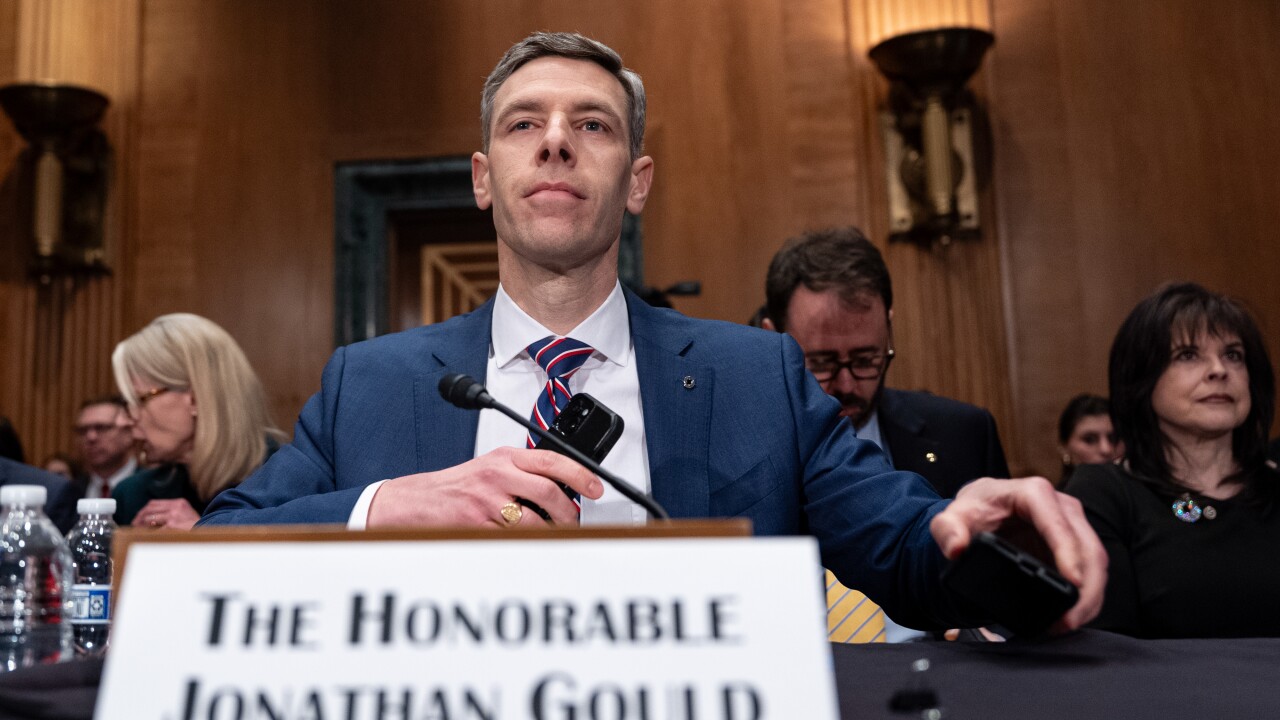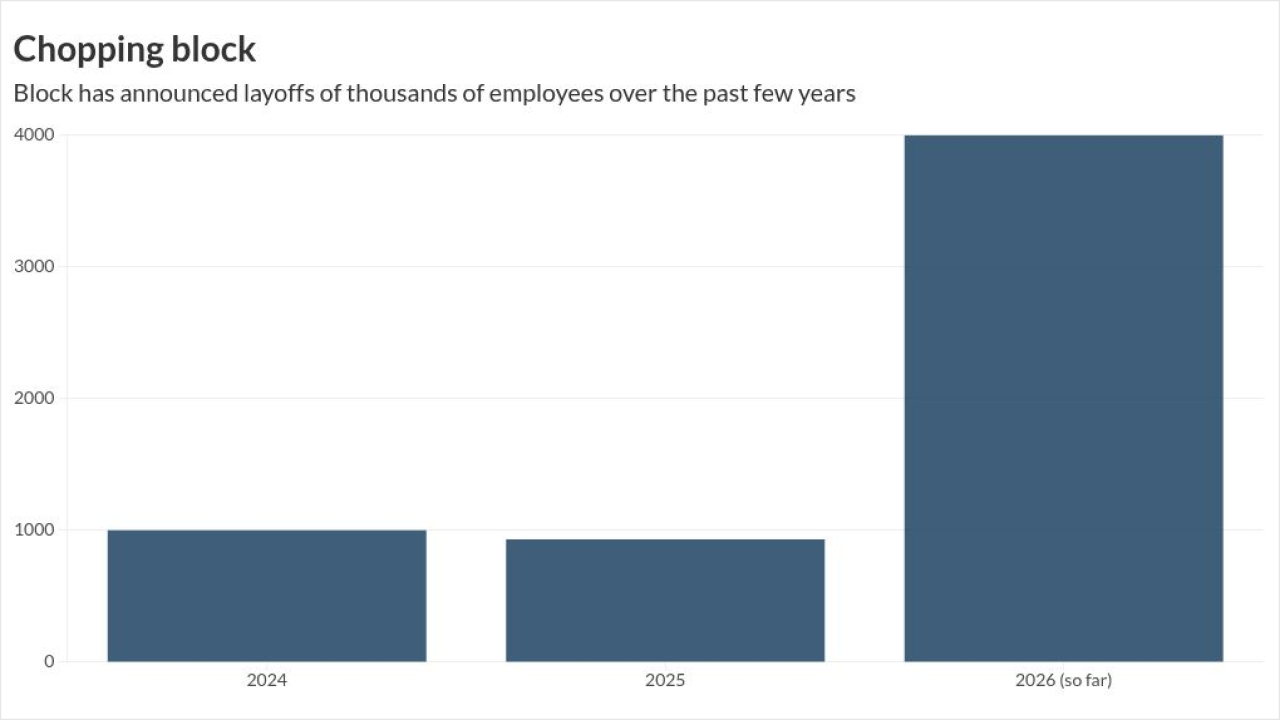The COVID-19 pandemic has put an intense spotlight on the economic inequities that individuals and communities of color have faced for generations. As our society confronts these challenges, we cannot overlook how these inequities extend to community development finance, where racial barriers have perpetuated inequitable outcomes in the places that it is intended to help.
Consider the New Markets Tax Credit (NMTC) program. It provides a targeted, low-cost tax incentive that delivers billions of dollars in private capital each year to disinvested communities with high unemployment and poverty rates. Since the program’s enactment in 2000,
It’s no wonder the NMTC has long had strong bipartisan support in Congress.
But there is a key area where the NMTC continues to fall short. The NMTC program relies on community development entities (CDEs) that receive private capital to make loans or investments to qualifying businesses in low-income communities in exchange for the tax credits. For too long, CDEs led by people of color have been left behind in the highly competitive process to access these important credits. This needs to change.

A
In response, the U.S. Department of the Treasury's Community Development Financial Institutions (CDFI) Fund, which administers the NMTC, launched an initiative to provide training and technical assistance to minority-led CDEs. While well-intended, this effort barely moved the needle. CDEs led by a person of color received just 14% of the program’s tax credit allocations awarded from 2017 to 2019. As a result, those CDEs have been limited in their opportunities to grow and support high-impact projects in the communities they serve.
This issue cannot be addressed through training alone. The highly competitive nature of the application and an evaluation process that values program experience continues to systemically exclude new and emerging CDEs, and particularly those led by people of color.
Here’s the conundrum: Allocations are awarded to applicants with the strongest track record, yet it is difficult for a CDE that doesn’t earn an allocation to build the track record they need to be successful in the NMTC program.
Statistically, residents of severely distressed communities are more likely to be Black, Hispanic or Native American. U.S. Census Bureau data from 2019 shows that poverty rates have reached historic lows but remain disproportionately high for Black individuals (18.8%) and for Hispanic individuals (15.7%).
Without question, communities of color have benefited from economic development spurred by the NMTC, receiving $28 billion in investments since 2003 — more than half of the total funding allocated. However, CDEs led by people of color and embedded in the communities they serve should have a better chance to access these funds. They are best positioned to understand those communities’ needs and priorities. They also understand where and why resource gaps exist and how best to close those gaps, by aligning investment decisions to meet those needs.
As the most active NMTC investor in the country, investing more than $6 billion nationwide, U.S. Bank recently sent a letter to Treasury’s CDFI Fund urging it to ensure more equitable access for organizations owned or led by people of color. For example, the fund should adjust eligibility requirements as well as the application evaluation and review process to increase racial equity. Applicants should be permitted to demonstrate a broader range of their experiences in serving disadvantaged businesses or communities, and subsequent outcomes. A dedicated funding pool set aside for emerging CDEs would also be a positive step forward.
Congress also has a role in removing racial barriers to the NMTC. Sens. Ben Cardin, D-Md., and Roy Blunt, R-Mo., and Rep. Terri Sewell, D-Ala., have introduced
Congress and Treasury’s CDFI Fund should seize this opportunity to make the NMTC more equitable and inclusive. It would be a significant step toward removing racial barriers in community finance, bolstering our nation’s economy and building more economic opportunity for people and communities of color.





